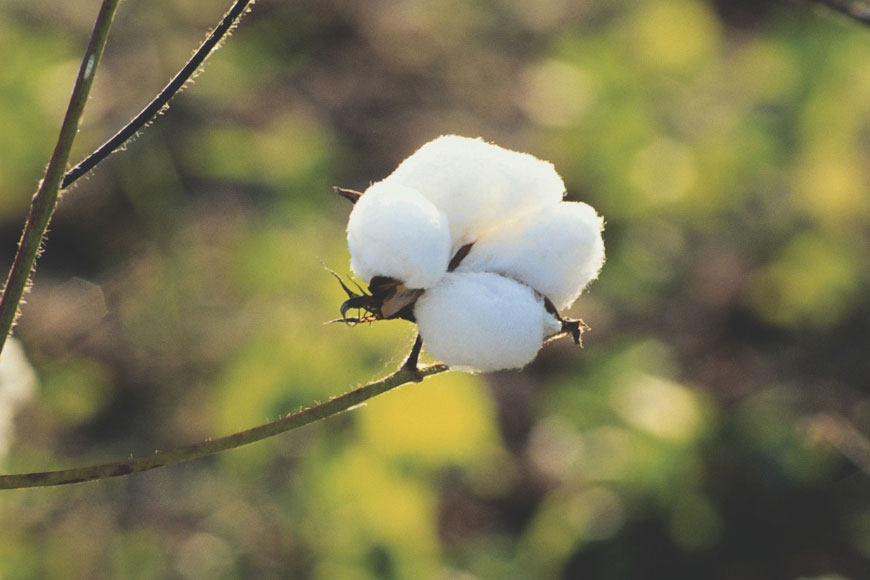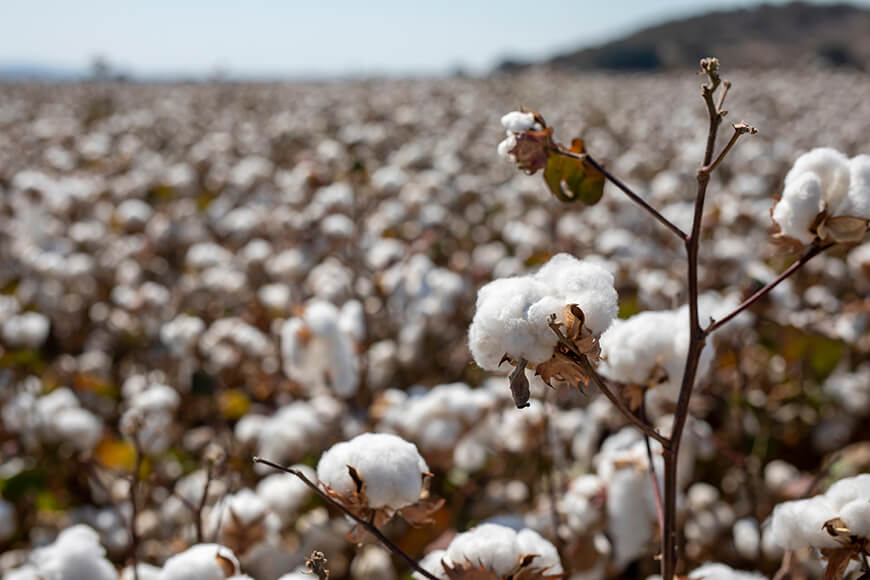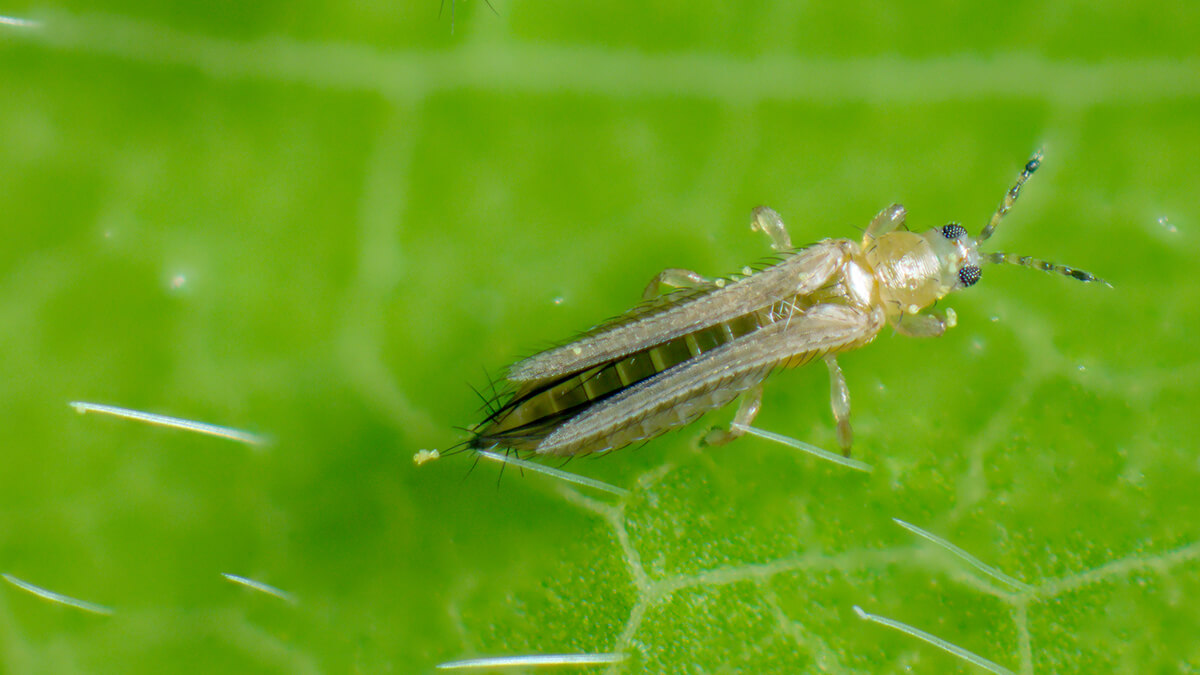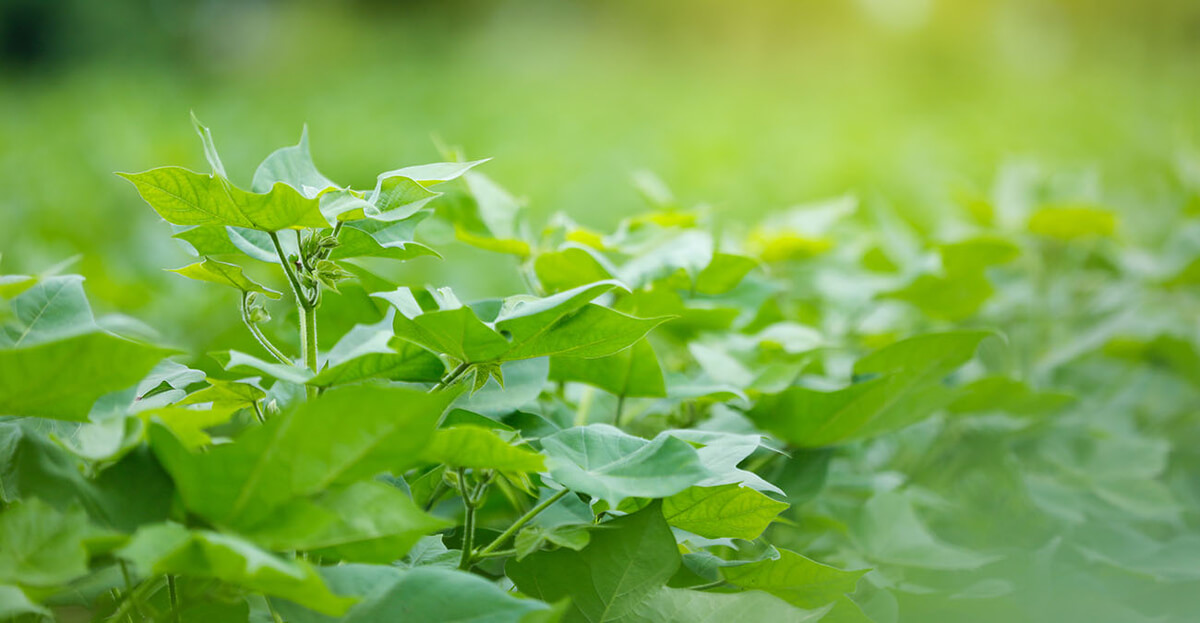
After harvest, you face management decisions as you begin preparing fields for next year’s crop. Growers often perceive crop residue as a problem to be removed by fire or tillage. However, crop residue generated in crop rotation systems can produce substantial long-term benefits which are likely to far outweigh any short-term savings accomplished by destroying it, particularly in soils low in organic matter.
Burning crop residue eliminates a precious opportunity to improve organic matter content and potentially can lead to substantial nutrient loss. Nearly all nitrogen and at least 75% of sulfur contained in plant residues will be lost upon combustion. These nutrients could be particularly beneficial for a wheat crop planted following corn harvest. Although phosphorus and potash are not theoretically lost due to residue combustion, considerable loss will realistically occur from smoke and ash that are not recoverable or recycled into the soil. Some of this will occur during the burn event when ash floats out of your field. Substantial loss may also occur thereafter from wind and subsequent rainfall displacing ash. Therefore, if you don’t immediately perform a tillage operation capable of incorporating the ash in the soil, additional nutrients contained in the ash will likely be lost from your field. This can cause considerable fertility limitations with the next crop and serious long-term issues. The nutrient replacement cost associated could be $150 per acre or more for phosphate and potash loss alone, from losing the residue of a high-yielding corn crop.
While plants can grow on soils with little organic matter, we face far more issues with fertility, water availability, soil compaction, poor plant health, and erosion on such soils. Furthermore, we will spend considerably more time, management efforts and expenses to overcome these shortcomings arising from low organic matter. So why is organic matter so important? Some studies have shown each 1% improvement in soil organic matter improves crop yield potential more than 10%. Additional organic matter affects soils by:
- Improving soil tilth
- Improving soil water holding capability
- Improving water infiltration
- Improving nutrient availability
- Reducing evaporation
- Improving raised bed stability
- Reducing soil erosion
These properties improve plant root development and greatly enhance plant health, particularly during droughty periods. In other words, residue recycling can better accomplish many of the same goals we annually attempt to temporarily fix using deep and/or intensive tillage.
Excerpted from: “Burning Stalks – What does it Really Cost?”; www.mississippi-crops.com











